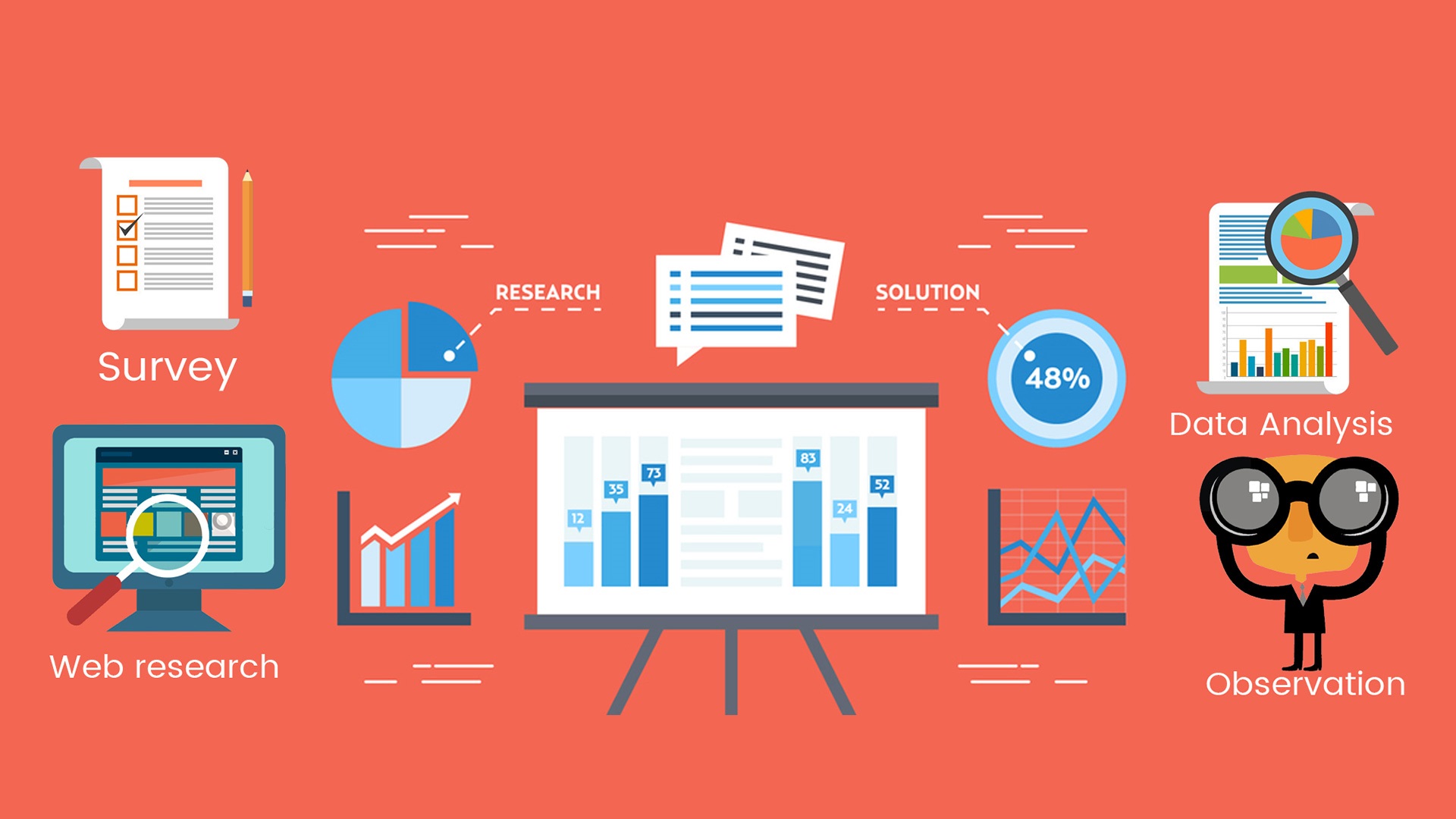B2B Market Research Tools
B2B market research tools are instrumental in gathering, analyzing, and interpreting data to provide valuable insights into business-to-business (B2B) markets. These tools streamline the research process, allowing organizations to make informed decisions, understand customer needs, and identify growth opportunities within their target industries.
One key category of B2B market research tools includes survey platforms and data collection software. These tools enable businesses to design and distribute surveys to their target audience, collecting quantitative and qualitative data on market trends, customer preferences, and competitive landscapes. Advanced features such as branching logic and customizable survey templates enhance the quality and depth of insights gathered.
Data analytics and visualization tools play a crucial role in analyzing and interpreting the vast amounts of data collected through market research efforts. These tools allow businesses to identify patterns, trends, and correlations within their data sets, providing actionable insights for strategic decision-making. Visualization features such as charts, graphs, and dashboards make it easier for stakeholders to understand complex data and trends at a glance.
Moreover, B2B market research tools often incorporate competitive intelligence features, enabling businesses to monitor competitor activities, track market trends, and benchmark their performance against industry peers. These tools provide real-time updates and alerts on competitor strategies, product launches, and market developments, empowering businesses to adapt and respond quickly to changing market dynamics.
In addition, market research tools may include customer relationship management (CRM) platforms with built-in analytics capabilities. These platforms help businesses track customer interactions, preferences, and feedback, providing valuable insights into customer behavior and satisfaction levels.
Overall, market research tools play a critical role in helping businesses gain a deeper understanding of their target markets, competitors, and customers. By leveraging the capabilities of these tools, organizations can drive informed decision-making, optimize marketing strategies, and ultimately achieve sustainable growth and success in competitive B2B environments.









